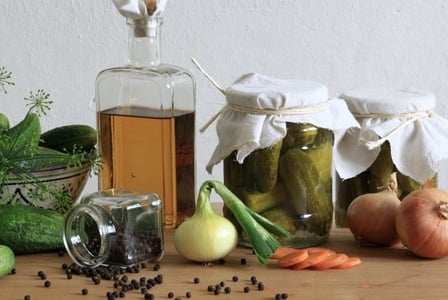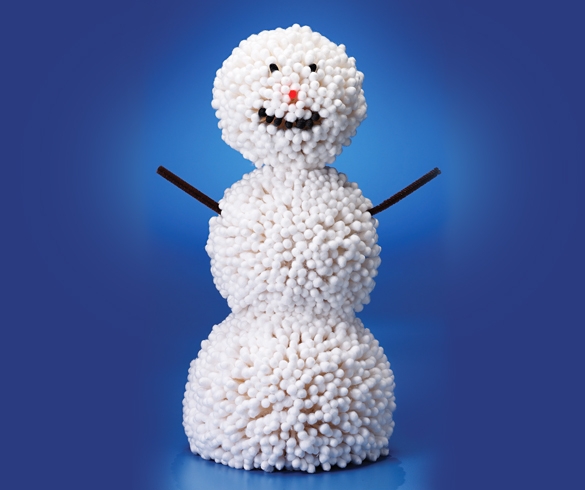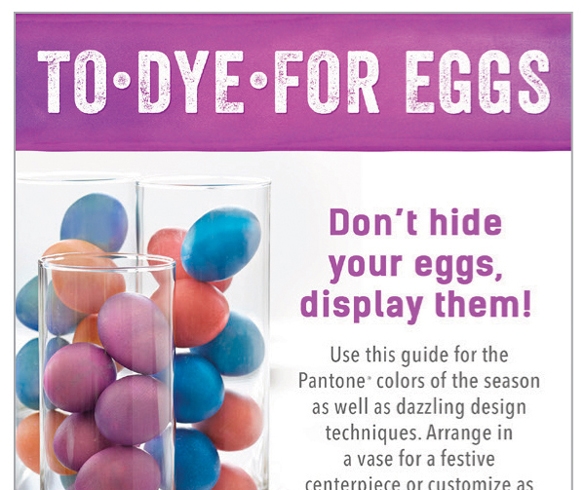
Pucker-inducing pickles provide more than just an extra layer of flavour atop our favourite hamburger, theyre also laden with health benefits.
Pucker-inducing pickles provide more than just an extra layer of flavour atop our favourite hamburger, they’re also laden with health benefits. Today is National Pickle Day, so bust out a jar of your favourite pickles and celebrate this delicious, yet sometimes underappreciated snack.
What is a pickle?
Since pickling refers to the method in which food is preserved, pickles can refer to any food preserved in this way. Pickled cucumbers are the most well-known pickles; however, many other items can be pickled, including the following:
- lemons
- onions
- eggs
- fish, such as herring
- green beans
- beets
- asparagus
- garlic
- plums
- olives
- sauerkraut
- tomatoes
- peppers
- and much more!
Pickling 101
Pickling can be achieved one of two ways: either by fermenting a foodstuff item in a brine of salt water, or by submersing the item in vinegar. Each method boasts its own health benefits; however, not all pickles are in the same class, so choose wisely.
The brine method causes the foodstuff item to release its sugars, which combine with lactic acid bacteria, a powerful probiotic, to produce a powerful flavour and prevent spoilage. Look for pickled products that do not contain vinegar in the ingredient list—these will likely provide sufficient probiotics.
The vinegar method requires only that foodstuff items be submersed in vinegar, an acetic solution, rather than coaxing them to produce their own acids. Consumption of vinegar-based pickles may reduce spikes in blood sugar and possibly reduce hypertension. Look for products made with natural vinegars such as wine, cider, or fruit juice, as some vinegars are made from synthetic ethanol, derived from petroleum products.
You can also make your own pickles, if you feel so inclined! Vinegar pickling is especially easy, and is great for first-time picklers.







